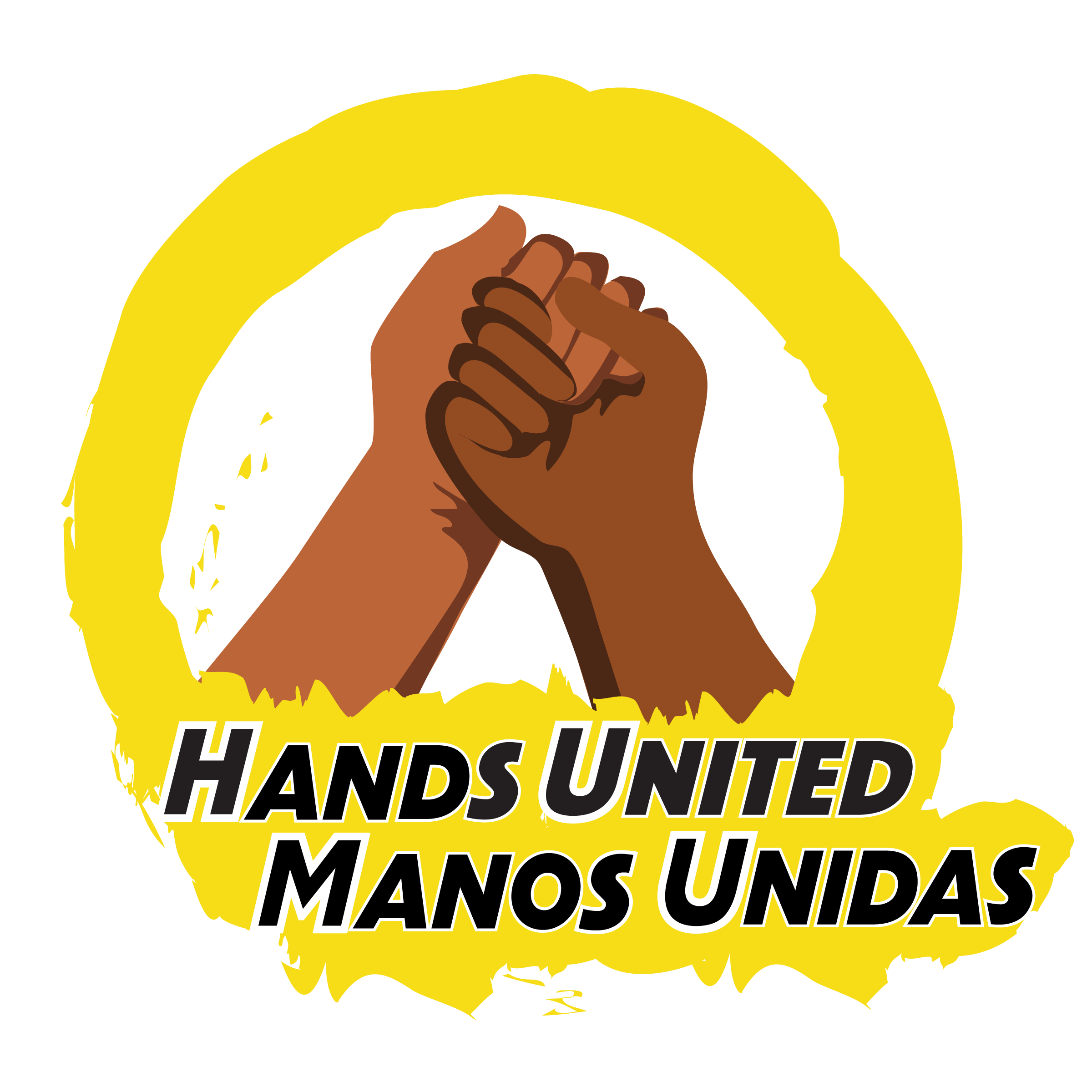PrEP Series
Serie PrEP
This presentation was part of our 2020 PrEP Awareness in the South Week (PAWS). Presented by Martha Patricia Rodriquez, Dr. MPAS, PA-C and Ms. Elaine Velasquez, PrEP Navigator both with the SCAETC-Westbrook Clinic on 11/13/2020.
Esta presentación fue parte de nuestra Semana de Concientización sobre la PrEP en el Sur 2020 (PAWS en inglés). Presentada por Martha Patricia Rodríguez, Dra. MPAS, PA-C y la Sra. Elaine Velasquez, Navegadora de PrEP, ambas con SCAETC-Westbrook Clinic el 11/13/2020.
The Virtual PrEP Program: Opportunities and Threats to HIV Prevention
El programa PrEP virtual: oportunidades y amenazas para la prevención del VIH
This presentation was part of our 2020 PrEP Awareness Week in the South (PAWS). Presented by Jason E. Farley, PhD., MPH, ANP-BC FAAN, FAANP, AACRN
Esta presentación fue parte de nuestra Semana de Concientización sobre la PrEP en el Sur 2020 (PAWS en inglés). Presentada por Jason E. Farley, PhD., MPH, ANP-BC FAAN, FAANP, AACRN
This presentation was part of our 2020 PrEP Awareness Week in the South (PAWS). Presented by Tiara C. Willie, PhD., MA.
Esta presentación fue parte de nuestra Semana de Concientización sobre la PrEP en el Sur 2020 (PAWS en inglés). Presentado por Tiara C. Willie, PhD., MA.
Black women continue to be disproportionately affected by HIV in the USA. With the addition of pre-exposure prophylaxis (PrEP) and non-occupational post-exposure prophylaxis (nPEP) to our HIV prevention toolkit, we now have more effective ways to prevent new HIV infections. Yet, those at highest increased risk for HIV are not benefiting from biomedical interventions due to many factors, namely availability, accessibility, stigma, and lack of education about and awareness of HIV prevention methods.
En los EE. UU, las mujeres Negras continúan viéndose afectadas por el VIH de manera desproporcionada. Con la incorporación de la profilaxis previa a la exposición (PrEP) y la profilaxis posexposición no ocupacional (nPEP) a nuestro conjunto de herramientas de prevención del VIH, ahora tenemos formas más efectivas de prevenir nuevas infecciones por el VIH. Sin embargo, quienes tienen un mayor riesgo de contraer el VIH no se benefician de las intervenciones biomédicas debido a muchos factores, a saber, la disponibilidad, la accesibilidad, el estigma y la falta de educación y conocimiento de los métodos de prevención del VIH.
